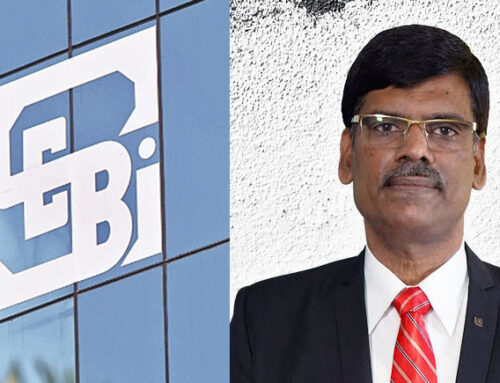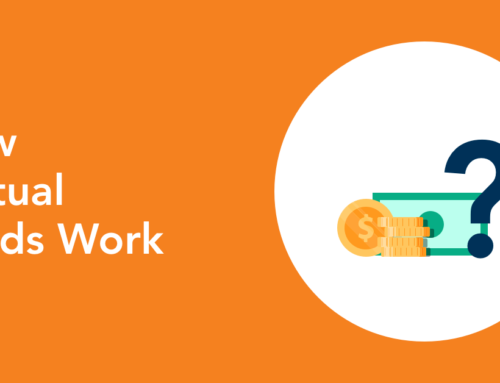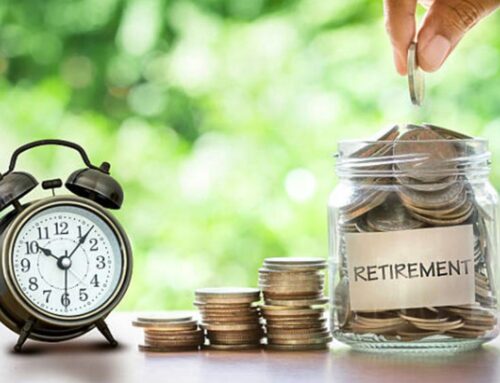3 crucial reasons you should buy a home before 2017 ends https://t.co/pYP7cQ1TtC #RealEstateAdvice pic.twitter.com/KU1EYmVyh3
— Realtor.com (@realtordotcom) March 9, 2017
Don't make these mistakes @Investopedia has identified! https://t.co/ifxoBOz1Nq #wbchat
— Wise Bread (@wisebread) March 9, 2017
I mean, it is a big Question. But the exciting thing is that no one is giving you the answer, at least on the internet. Instead, they are trying to tell you whether you should Buy or Rent and in what area. Etc.
So I, Ashutosh Tilak, Decided to search for the Answer.
When Should You Buy House you can call your Home?
Now first, Home is a very significant thing, from any perspective. As an investment, As property, as emotional attachment, etc. Many factors may affect your decision to buy a house.
You can talk to many people about their dream. I am sure. Buying a home is one out of many.
How many of you think you’ll be able to buy the kind of house your parents did, at the age they did? Would you want to, if you could?
— harnidh (@chiaseedpuddin) September 27, 2017
Even politicians also know its importance, and it affects Politics, Economics, and many other things. Giving shelter and employment to their voters is very important for Leadership. It is not only limited to one country but all over the world. You can understand how big an effect it makes when you realize that Real estate was the real Villain behind the 2008-09 financial crisis. Freddie Mac and Fannie Mae, Two Big US Govt supported, or you should say, owned companies collapsed or were affected badly. If there was no Govt support, it was impossible for them even to survive. Lehman Brothers, Bank of America, Goldman Sachs, and many others also felt the heat. The crisis, its reasons, what happened and whatnot, and who is behind it may be a whole lot of different subjects and may prove one more subject for a separate post. I don’t want to go into that here. But what was the reason? The whole System developed upon giving loans to people, sometimes not considering their ability to repay them. And then they produced so many Derivatives on that. At the same time, Risk appetite and Capital Adequacy were also ignored. So the first Lesson we should know here is
1. Buy a home when you have sources, or you can pay the cost.
But a home is not only an investment. It is a shelter for you also. It is that place where you will start your family, you can live with your family, and you can see your children growing. So?
Rent, lease or hire, purchase, or whatever is the right word. The question is whether it is efficient.
But how to say that weather house is efficient or not. The scale used is Rent pay to Market Price. What is the answer, and how to analyze it differently from your geography? Even in India, the outcome may differ in different cities. In my view, check the NPV of the Rent paid to the owner for the next 3-5 years (You may change this if necessary). If that amount is near 50% of the Price of a Home, then it’s the right choice to buy it.
As we are talking about NPV, you will defiantly ask me about the rate at which it is supposed to discount. My view is ‘Between the Govt Security and Capital market minimum average return.’ Say in India, while writing this 10-year Govt bond is trading around 7%. With some calculation, you will find out the market return. Let’s say it’s 13%, so 9-10% will be the correct rate to calculate. Discount your rent paid with it. If the NPV exceeds 50% of the Price, which is difficult in any country, but maybe happen as a low-interest rate will help.
While searching on the internet, I found something exciting about the Rent-or-buy decision. So let’s have a look.
Housing pays something like a dividend in that you can live in it without paying rent. To be as good as stocks (on average), the benefit from living in a house has to pay an “occupancy dividend” of about seven percent. So if you’re thinking of a $200,000 home, you need to get $14,000 per year of benefit from living in it. That’s comparable to $1,167 of monthly rent, before we get around to the pesky details.
When you rent, the landlord picks up the taxes, insurance, maintenance and sometimes utilities. If you buy, plan on replacing the water heater some years, the back fence other years, the roof occasionally. Hope that you don’t need to replace all of them the same year. If you are going to hire out all of the maintenance, you’ll probably pay more than your landlord does. The landlord is in the business of maintaining properties and is probably very efficient. However, if you can do some of it yourself, your cash outlays will be much less than the landlord’s.
So what do we learn here?
2. If possible, rent the house. It is not wrong in some situations.
But now let’s say you want to buy it in any way. The next question is Mortgage or Equity?
You may think that I will tell you “Defiantly Mortgage.” But wait. the Mortgage is outstanding in some cases and wrong in others.
While writing this, Real estate prices are coming down in significant economies, including India. In such a situation, if you want to buy, then the case is if your mortgage, then home equity or Down payment will not yield any significant amount.
But If you found a suitable property. The price trend is also up word. So?
As a finance student searching and learning new things from blogs, I know that there are some overrated things in a mortgage.
The first thing is, they say, interest paid is tax-free. So? You can save tax on many other things. So why buy a home for it. But a Big plus for Buying with a mortgage, or Taking a Home loan as we call it in India from Housing Finance Companies or banks, will give you a big plus as a return.
In comparison, when you buy a home with Whole equity, you lose the chance. So it is a huge plus sign for banks also. When a bank is lending money, it is taking ownership in its hand. So if you don’t pay and make it NPA, the bank can sell the home valued at more than your remaining amount.
So what do we learn here?
3. If deciding to buy, check the property price trend. If Down word, don’t buy. (Assuming if you are not buying for financial decision.)
Now the Final Question.
When should you buy it?
Before writing this, I did Some research. First, I talked with some Bankers, Real estate Developers, Financial Experts, and some advisors related to Real Estate based In Pune, Maharashtra. As the city is famous for IT and is one of the fastest-growing cities in India, many people highlighted that tendency to buy homes is increasing. The largest Group which thinks about buying a home is Above 35. Though IT hub in India, the Credit Rating of many of them is a big issue. Finance for Home is easy, and also, if you are ready, banks will show you House from their contact or the portfolio because you did not pay EMI. Recently there are some schemes from Govt of India also helping people buy their first home.
When asked why 35? Utkarsh Jain, Chief Learning Officer, FinTree, answer the question.
“Buying a home is helpful when you want to settle, and you are not thinking about it Financially. Generally, 25-35 is when one is either paying in life or trying to fix. That is when most people have the resources to Buy or Rather Invest in a house.
Buying a house in the current economic environment doesn’t make sense.
The lease yields have come down to as low as 1.5%-2%. So to offset the bowering Cost of 9%, we are looking at the capital appreciation of at least 7-7.5%, which I don’t see happening in India markets.”
But what about the interest rate, which is not low compared to earlier Generations. (At least in India, I know the move is upward in the US while writing this.)
The best way to answer this question and the question with which we started is what is your monthly income. Say, X. Now make it half. X/2. This X/2 is your EMI. Even some Websites, advisors, and banks keep it at 43%. Reason? Emergency Fund. You need to take care of emergencies in your life also. What is added to this 43%? Tax, interest payment, homeowners association fee for maintaining the building, property tax, and other miscellaneous expenses. I found Are you ready to buy a house? From Investopedia great on the subject.
So what does the Final Outcome?
Buy a Home when you have resources, or you can repay the mortgage or loan. Rent is not a bad option if you don’t want to settle. Rent can save you significant expenses. You may think buying a house is a very dynamic decision as it may prove your investment. But if you are thinking of making it an investment, think about the return.




